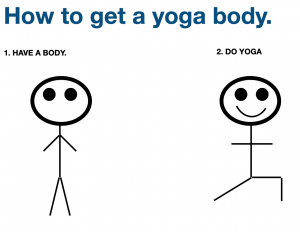If you were to take your resting heart rate (HR) and it was 60 beats per minute (bpm), then it would seem a safe assumption that your heart is beating once every second.
In reality there is a difference between the time of each beat - even at rest. This is the Heart Rate Variability (HRV). In the above example the resting HR was 60bpm. In that same scenario what would happen in reality is that the time between one beat and the next might be 997milliseconds (ms), and the time between another beat and the next could be 1003ms. Without accurate measurement we wouldn't know the difference between the assumption and the reality.
Your heart rate will increase or decrease depending on the workload (stress) placed on it. The harder you heart is working the higher the HR, the less workload you place on the heart the more the HR will decrease - down to your resting heart rate (RHR)
HRV is the time between the resting beats (it's known as the R-R interval).
Super-interesting (Yawn) Why should you care?
HRV is affected by stressors.
Let's take a step back.
HRV is controlled by the Autonomic Nervous system (ANS).
This is sub-divided into two parts, your Sympathetic Nervous System (SNS) and your Parasympathetic Nervous System (P(S)NS).
These two parts work in conjunction trying to keep your body in homeostasis (a good balance).
The two systems control different functions within your body that are diametrically opposite.
The PNS controls the 'rest and digest' functions whilst the SNS controls the 'fight or flight' functions.
That in simple terms is how our body controls HRV. The reason it becomes very useful is that HRV is a very food indicator or too much stress - whether that is stress related to work, to finances to having to do karaoke when you really don't want to.... ANY stress. Which includes when your body is not in homeostasis, e.g. from constantly physically working too hard and not getting enough recovery. Or perhaps just a normal day, no particular exertion, but you never get enough sleep - all these things are examples of stressors that can affect HRV.
Because it is such a good indicator of stress it can also be a good indicator of certain illnesses. If you have a good HRV reading then you are unlikely to suffer from some of those conditions and if it is a poor score then you may suffer from or end up suffering with some of these conditions.
An excellent way to improve you HRV is to improve your conditioning.
This does not mean going hell for leather on every workout.
It does mean paying more attention to recovery.
I am a BioForce Conditioning Coach, if you need to improve your condtioning then get in touch.

